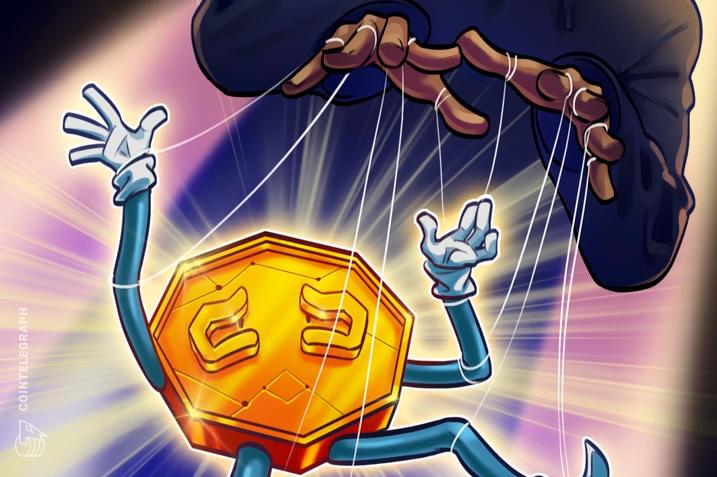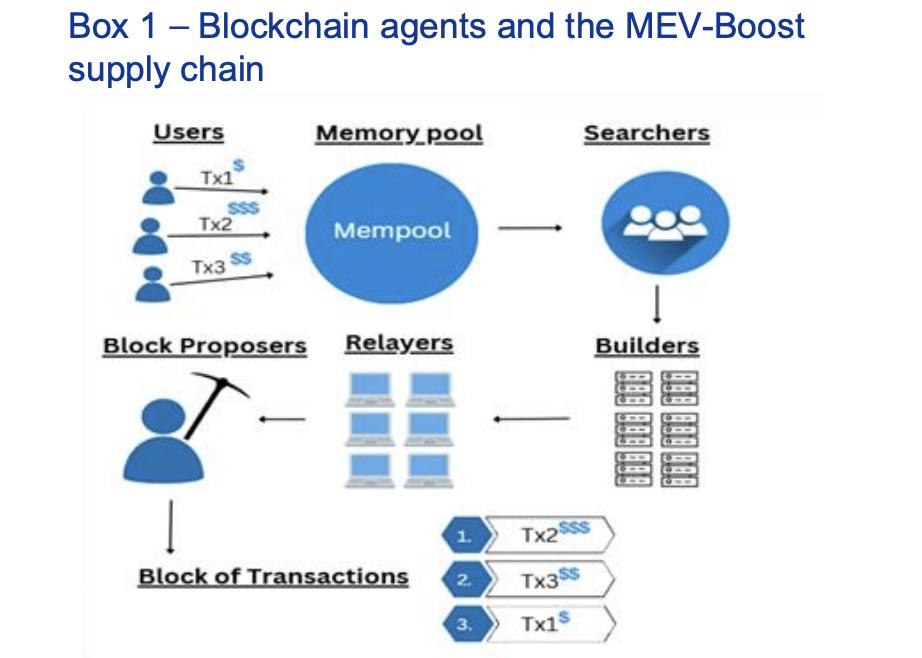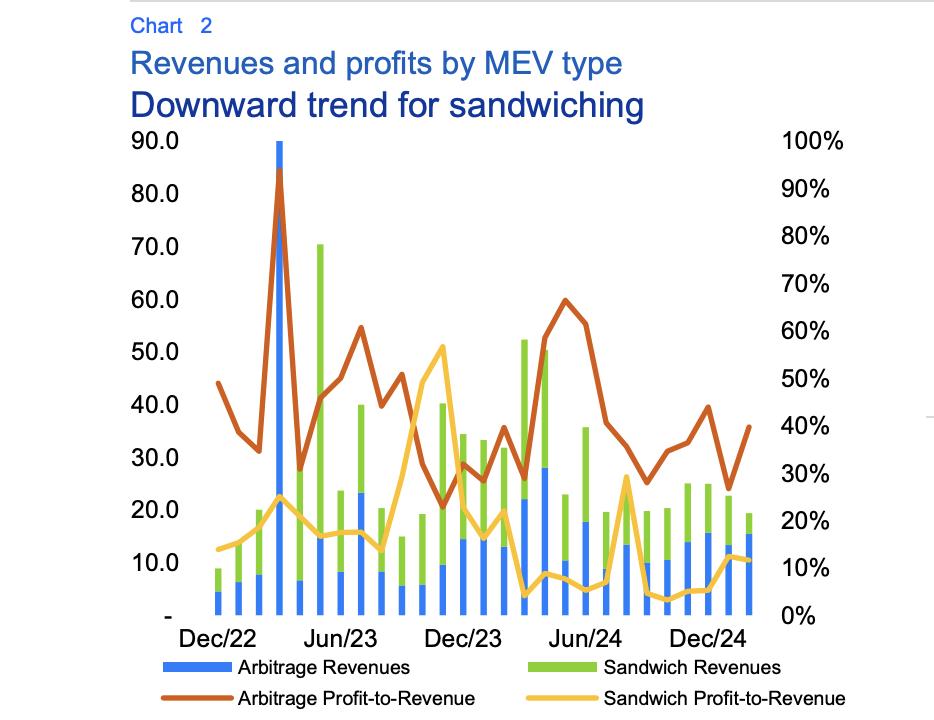Broadcasting transactions before they are executed would impose a “hidden tax” on retail cryptocurrency users, while also alienating financial institutions.

Maximum Extracted Value (MEV), the process by which Miners or validators reorder transactions in a block to extract profits, is preventing financial institutions from adopting decentralized finance (DeFi), hurting retail users, according to Aditya Palepu, CEO of DEX Labs, a major contributor to decentralized crypto Derivative exchange DerivaDEX.
Palepu told Cointelegraph that all cryptocurrency markets suffer from the problem of maximum mining value or similar issues Capital in information asymmetry when organizing transaction data.
The solution is to prevent order flow data from being exposed before execution by processing transactions in a trusted execution environment, which processes transactions privately through a Capital repository or some other mechanism, Palepu said. He added:
“What makes them really powerful is that they can process orders privately. So your transaction intentions are not broadcast to the world before execution. They are encrypted on the client side, and only decrypted inside the secure enclave after being arranged.”

This makes Front Running transactions “impossible,” he said, protecting users from things like “sandwich attacks,” a form of market manipulation in which validators or Miners execute transactions before and after a user’s order to manipulate prices and make a profit.
The presence of MEV as a core infrastructure in crypto and DeFi has sparked fierce debate among industry executives and protocol founders, as they attempt to address MEV’s potential to increase centralization, drive up costs, and stifle mass adoption.
Related: BX Affiliate Season 3 – BingX Partner Exclusive Event with $44,000 Prize Pool
Institutions Not Getting Into the DeFi Game Hurts Retail Users
The lack of transaction privacy is keeping financial institutions from adopting DeF as it leaves them vulnerable to market manipulation and the risk of being detected before a transaction is executed, Palepu told Cointelegraph.
“When institutions can’t participate effectively, everyone suffers, including retail,” Palepu told Cointelegraph, adding that institutions create the “highways and roads” or trading infrastructure needed for financial markets to function smoothly.

These include untapped arbitrage opportunities that reduce price volatility and keep asset prices at or near parity across exchanges, he added.
“Exchanges, like any market, need vibrancy and diversity in participation,” Palepu said, adding that a lack of institutional participation can lead to dry liquidation , spikes in volatility, increased market manipulation and skyrocketing transaction costs.
Source: Cointelegraph







